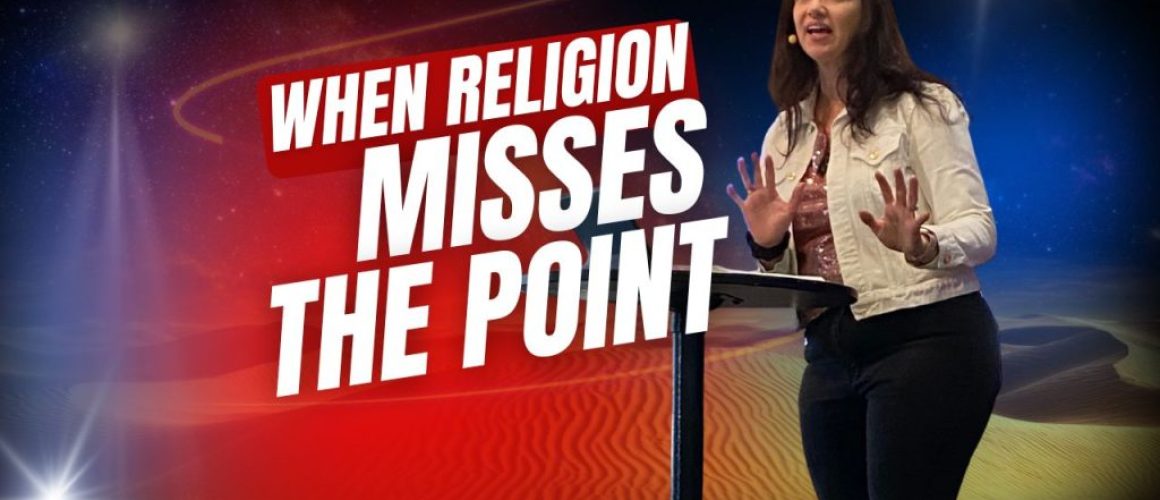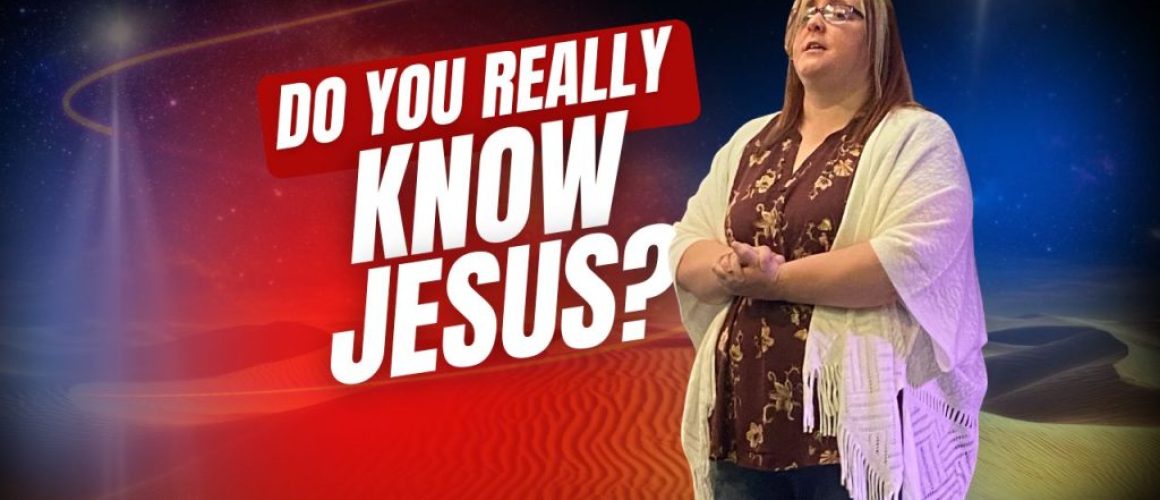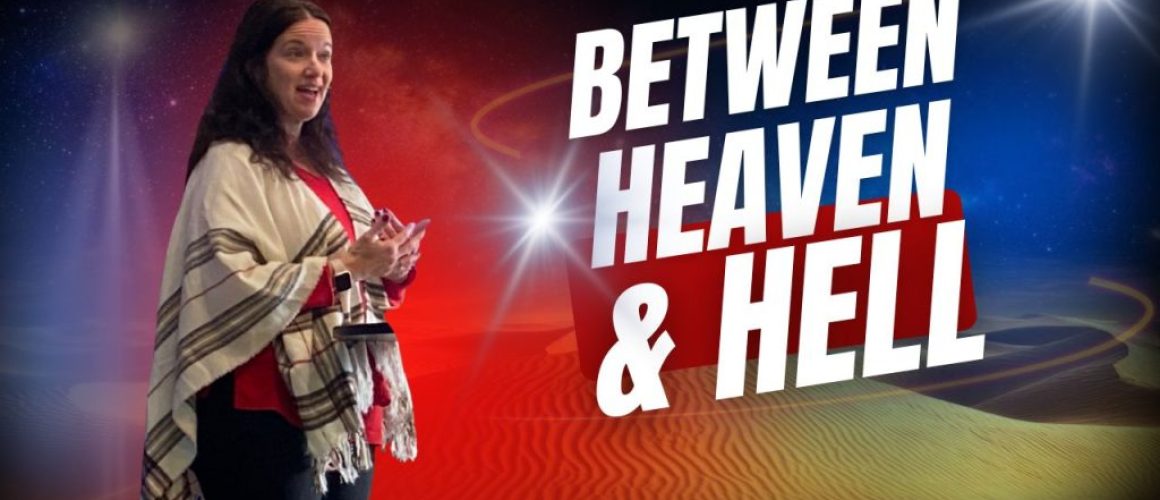When Worship and Justice Meet
In this message from Open Arms Community Church, Zoe Hatcher brings the Journey to Salvation series to a close by walking through Isaiah 58—a passage that confronts empty religion and invites God’s people into a faith that reflects His heart. This teaching explores what it means to carry the light of Christ not just through worship, but through obedience, justice, and compassion.
📺 Watch the full sermon here:
When Seeking God Isn’t the Same as Obeying God
Isaiah 58 opens with a sharp command:
“Shout it aloud, do not hold back.
Raise your voice like a trumpet.
Declare to my people their rebellion
and to the descendants of Jacob their sins.
Isaiah 58:1
God instructs His prophet to speak plainly—to expose a disconnect between religious activity and faithful living. The people are praying, fasting, and seeking God daily, yet something is broken beneath the surface.
For day after day they seek me out;
they seem eager to know my ways,
as if they were a nation that does what is right
and has not forsaken the commands of its God.
They ask me for just decisions
and seem eager for God to come near them.
Isaiah 58:2
On the outside, devotion looks sincere. On the inside, hearts remain unchanged. The tension of this passage presses an important question: Is it possible to seek God passionately while still resisting His ways?
“Why Haven’t You Noticed?” — A Question God Answers Honestly
The people cry out in frustration:
‘Why have we fasted,’ they say,
‘And you have not seen it?
Why have we humbled ourselves,
and you have not noticed?’
Isaiah 58:3
They have fasted. They have humbled themselves. And yet, God seems silent.
What follows is not gentle reassurance—but clarity.
Yet on the day of your fasting, you do as you please
and exploit all your workers.
4Your fasting ends in quarreling and strife,
and in striking each other with wicked fists.
You cannot fast as you do today
and expect your voice to be heard on high.
5 Is this the kind of fast I have chosen,
only a day for people to humble themselves?
Is it only for bowing one’s head like a reed
and for lying in sackcloth and ashes?
Is that what you call a fast,
a day acceptable to the Lord?
Isaiah 58:3b–5
God exposes the contradiction. Religious sacrifice is paired with exploitation, anger, and selfishness. The fast may look holy, but it produces quarrels instead of compassion. Humility becomes performance. Worship becomes transactional.
God does not reject fasting—but He rejects fasting that never transforms the heart.
The Fast God Chooses
God resets the definition of worship by revealing what He actually desires.
Is not this the kind of fasting I have chosen:
to loose the chains of injustice
and untie the cords of the yoke,
to set the oppressed free
and break every yoke?
7 Is it not to share your food with the hungry
and to provide the poor wanderer with shelter—
when you see the naked, to clothe them,
and not to turn away from your own flesh and blood?
8Then your light will break forth like the dawn,
and your healing will quickly appear;
then your righteousness will go before you,
and the glory of the Lord will be your rear guard.
9Then you will call, and the Lord will answer;
you will cry for help, and he will say: Here am I.
Isaiah 58:6–9a
True devotion loosens chains, frees the oppressed, feeds the hungry, shelters the vulnerable, and restores dignity. Worship that pleases God always moves outward.
This is not a checklist—it is the natural fruit of a heart aligned with Him. When obedience replaces self-focus, something changes.
God promises response. Healing follows obedience. Light follows surrender.
When God Answers: The Power of a Cleared Path
God’s desire has never been distance. He wants to answer—but hearts must be prepared to hear.
Selfishness, accusation, and careless words can quietly block spiritual clarity.
Then you shall call, and the Lord will answer;
you shall cry for help, and he will say, “Here I am.”If you remove the yoke from among you,
the pointing of the finger, the speaking of evil,
10 if you offer your food to the hungry
and satisfy the needs of the afflicted,
then your light shall rise in the darkness
and your gloom be like the noonday.
Isaiah 58:9–10
When those barriers are removed, light breaks through darkness. Faith becomes visible. Obedience makes room for presence.
Salt and Light: Jesus Echoes the Call
Jesus later echoes this same truth:
“You are the salt of the earth. But if the salt loses its saltiness, how can it be made salty again? It is no longer good for anything, except to be thrown out and trampled underfoot.
“You are the light of the world. A town built on a hill cannot be hidden. Neither do people light a lamp and put it under a bowl. Instead they put it on its stand, and it gives light to everyone in the house. In the same way, let your light shine before others, that they may see your good deeds and glorify your Father in heave
n.Matthew 5:13–16
Believers are not only recipients of light—they are carriers of it. Faith is meant to preserve, illuminate, and transform the spaces it inhabits. When belief remains hidden or disconnected from action, its influence fades.
The call is not to dim the light—but to place it where it can shine.
A Well-Watered Life That Restores Others
God’s promise continues:
The Lord will guide you always;
he will satisfy your needs in a sun-scorched land
and will strengthen your frame.
You will be like a well-watered garden,
like a spring whose waters never fail.
Isaiah 58:11
A life shaped by obedience becomes sustained by God’s provision. Even in dry places, He supplies what is needed. There is no drought where God’s purposes are embraced.
And the result extends beyond the individual.
Your people will rebuild the ancient ruins
and will raise up the age-old foundations;
you will be called Repairer of Broken Walls,
Restorer of Streets with Dwellings.
Isaiah 58:12
Communities are rebuilt. What was broken is restored. Streets become places of life again.
This is not abstract hope—it is a calling.
Transformed People. Transformed Community. God’s Glory.
This passage grounds the horizon vision of Open Arms Community Church:
Transformed Community for God’s Glory.
The work of restoration begins with surrendered hearts. Worship and justice are not separate expressions of faith—they are inseparable. When God’s people live what they worship, His light shines unmistakably through them.
The invitation remains open:
Not just to sing.
Not just to fast.
But to live obediently—so that His light may rise.
Take Your Next Step
God’s call in Isaiah 58 isn’t just to hear His Word — it’s to live it out. Here are a few ways to respond:
🔹 Plan a Visit to Open Arms Community Church
If you’re searching for a church in Bradford, PA where faith is lived out with compassion, obedience, and real community, we’d love to meet you.
👉 Plan your visit to Open Arms Community Church in Bradford, PA
https://openarmscommunitychurch.org/visit
🔹 Get Connected Through a Microchurch
Microchurches are small, mission-focused communities that gather in homes and everyday spaces to follow Jesus and serve others together.
👉 Learn more about Microchurches at Open Arms Community Church
https://openarmscommunitychurch.org/microchurches
🔹 Support the Mission Through Giving
Your generosity helps fuel local outreach, care ministries, and life-changing work happening through Open Arms Community Church.
👉 Give online to Open Arms Community Church
https://openarmscommunitychurch.org/give










